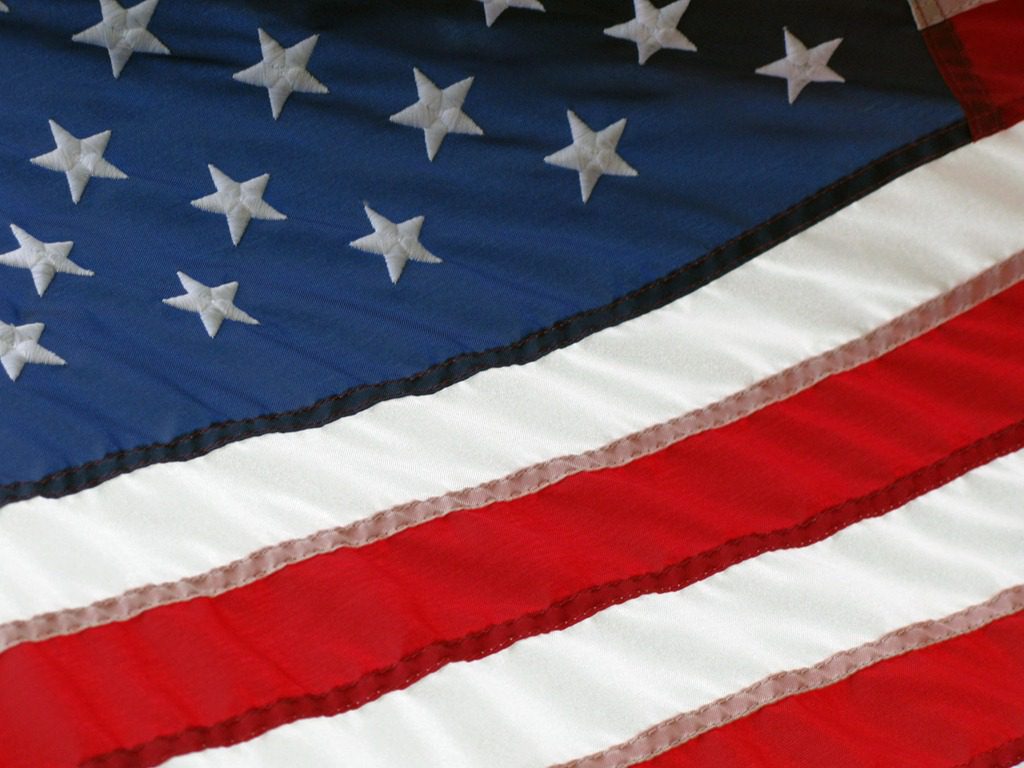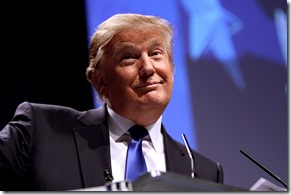
The question is whether diversity really is a strength in a country. Pat Buchanan wonders whether the trend is toward homoganous societies rather than diversified ones:
Bottom line: Racially and ethnically, we are becoming an ever more diverse nation, which is causing general rejoicing among those who hold it as an article of faith that, “Our diversity is our strength.”
But is that cliche true? Where is the scientific, historical or empirical evidence for the proposition that the greater the religious, racial, tribal and ethnic diversity of a nation, the stronger it becomes?
To put it mildly, this is not a universally held belief.
…
Indeed, it is hard to find a country where religious, racial and ethnic diversity contribute more to its strength and unity than they do to the forces of division, separation and secession. Which is one reason why the U.N. General Assembly that began with 51 nations now has 193.
Racial, ethnic, tribal, ideological and cultural diversity are history’s wedges of national division, separation and secession, as we are discovering.
U.S. now more diverse than ever – but is that ‘strength’?
What we do know is that in Christ there is no Jew or Greek, no slave or free, and that all have equal opportunity to come to the Father through Christ for salvation. In Heaven, and in the kingdom, we are to pray for unity of the believers and focus our eyes above.
But what is true about Heaven isn’t necessarily true about societies and cultures here below. An earthly government is not the kingdom, and we shouldn’t try to make it such.
